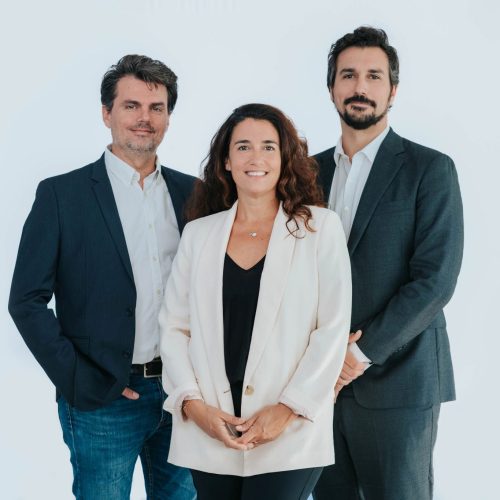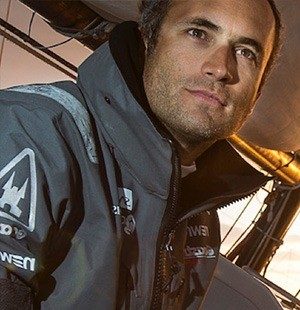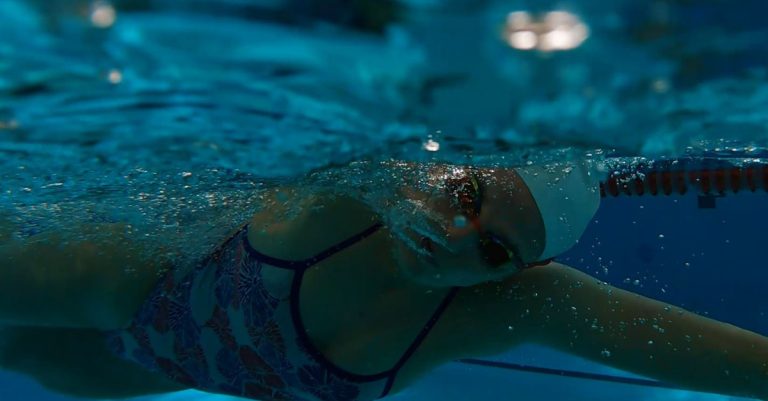26,000 tonnes of glass collected and recycled
in 2020 in Spain
Over the last ten years, Onet has risen to 4th place in the Spanish glass collection and recycling market, with 26,000 tonnes processed in 2020 and a target of 33,000 tonnes in 2022.
As attitudes change, so does Onet Iberia's business. In Spain, the selective sorting of glass, deployed since 2010, has continued to gain momentum. The 26,000 tonnes collected by Onet in 2020 (+11%) earned it the title of Recycling Company of the Year last December, awarded by its client Ecovidrio, the Spanish manager of the glass market.
- - Onet
In view of the targets set by Brussels, which require a glass recycling rate of 85% by 2025, the business is set to grow, as Carlos Martínez, Director of the City Services Division, Onet Iberia, explains.
" Currently, the country's recycling rate is 60%. We collect glass using 8,000 containers provided by Ecovidrio in ten provinces: Huelva, Sevilla, Cordoba, Caceres, Badajoz, Toledo, Zamora, Leon, Valladolid and Madrid ", explains Carlos, who has just signed three new collection contracts in three provinces, confirming that our target of 33,000 tonnes of glass by 2022 will be achieved!
To support the dynamism of this sector and Onet's commitment to the planet, which employs eighteen people (including fifteen drivers and three people assigned to container cleaning), the business is planning to recruit new staff and green its vehicle fleet. "We have fifteen HGVs; we're going to renew half of them with the acquisition of Euro 6 standard vehicles, and we'd like to buy three more trucks", explains Carlos, who is very keen to reduce his carbon footprint as much as possible.
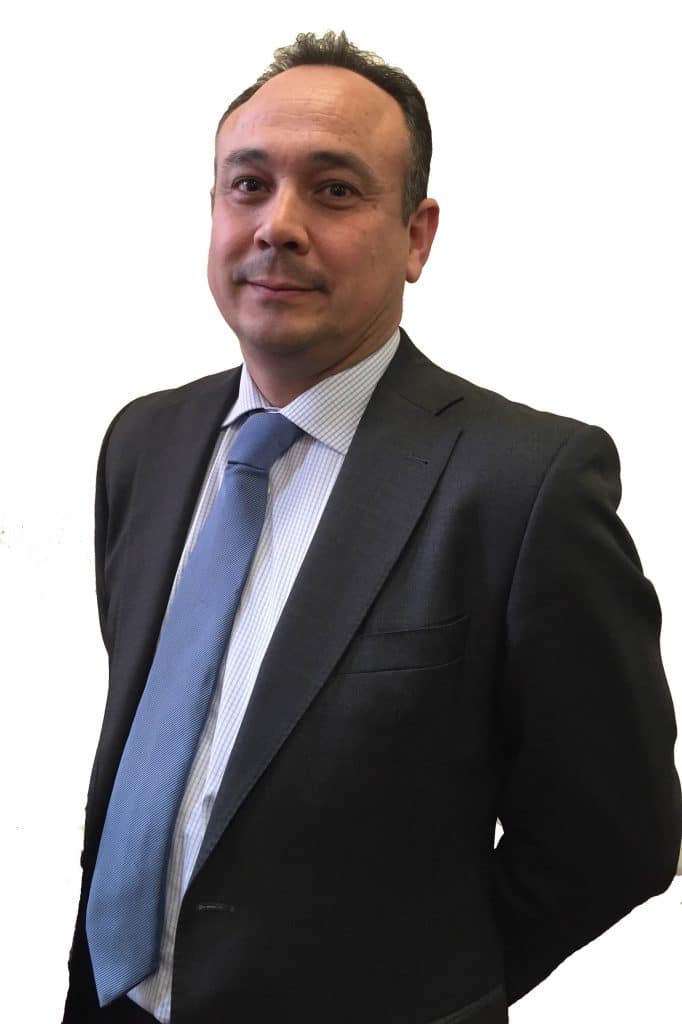
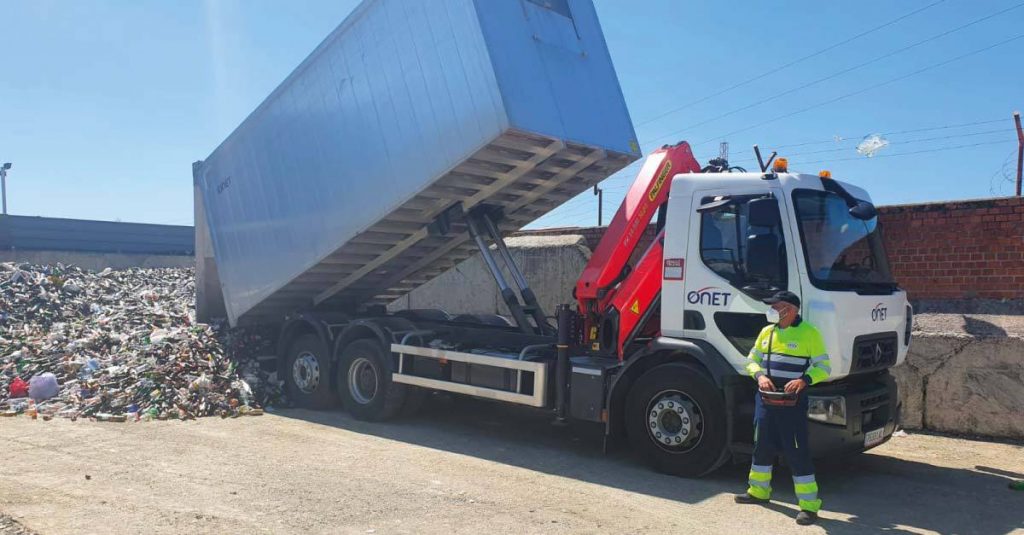
With a view to optimizing vehicle routes and avoiding empty runs, the team has installed sensors on the containers in order to get a better idea of their fill rate. Given the success of this pilot operation, Onet has decided to equip 20% of the containers with these sensors. Collection frequency is differentiated between rural areas (once a fortnight) and urban areas (once a week), with crane-equipped trucks capable of transporting up to 10 tonnes a day.
Carlos shares with us how proud he is "to contribute, at his own level, thanks to this business and his teams, to protecting the planet ".
